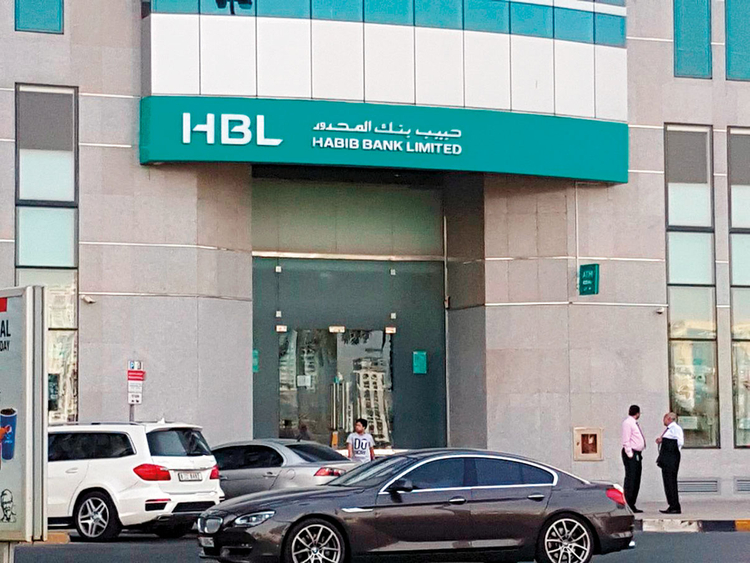Pakistan’s largest banking network, Habib Bank Limited (HBL), is facing secondary liabilities in a terror financing case in the United States in which the plaintiffs allege that the bank aided and abetted Al-Qaeda terrorism and joined the conspiracy to launch attacks that killed or injured 370 people in Afghanistan between 2010 and 2019.’
According to a New York district court order issued on September 28, HBL faces liabilities under the Justice Against Sponsors of Terrorism Act as a party that “aids and abets, by knowingly providing substantial assistance, or who conspires with the person who committed such an act of international terrorism.”
HBL defended itself in a media statement, claiming that the charges were “meritless” and that would vigorously defend itself.
“The public record is clear that HBL is unwavering in its commitment to combating the financing of terrorism, and — as has been well documented — its extensive global implementation of anti-money laundering compliance controls has been highly successful and lauded by regulators around the world,” the bank said.
According to the court order, the plaintiffs alleged that the bank had used its New York branch to further Al-Qaeda’s terrorist goals. The plaintiff further said that the hardline Islamist group had carried out planned attacks, sometimes in conjunction with other groups such as the Lashkar-e-Taiba, Jaish-e-Mohammad, the Afghan Taliba, the Haqqani Network and the Tehreek-e-Taliban Pakistan.
New York district judge Lorna G. Schofield said HBL “placed terrorists or those linked to terrorists on a ‘whitelist’ or ‘good guy list’ of people ostensibly pre-cleared for reduced scrutiny of their transactions [and] engaged in tactics, such as ‘wire-stripping’, that shield the identities of parties to transactions”, simply meaning that the bank gave them fluid and easy conduit to make transactions to finance their terrorist activities.
The court order stated that the bank was fully aware of its actions, saying: “it placed terrorists or those linked to terrorists on a ‘whitelist’ or ‘good guy list’ of people ostensibly pre-cleared for reduced scrutiny of their transactions [and] engaged in tactics, such as ‘wire-stripping’, that shield the identities of parties to transactions.”
“The complaints allege that defendant took deliberate steps to help customers evade international sanctions regimes, and in doing so incurred business risk that ultimately led to defendant’s expulsion from the US. Those allegations are sufficient …,” the order further stated.
HBL has said that it would vigorously defend itself in court. Before this, the bank had agreed to pay a fine of a whopping $225 – the largest imposed ever upon a Pakistani bank by the regulatory authorities – in 2017 for various violations of New York’s regulatory provisions.
The bank had also agreed to surrender its license to operate and unwind its operations in New York. In a strongly worded statement released at that time, the Department of Financial Services of New York castigated the bank, adding that “DFS will not stand by and let Habib Bank sneak out of the United States without holding it accountable for putting the integrity of the financial services industry and the safety of our nation at risk.”

